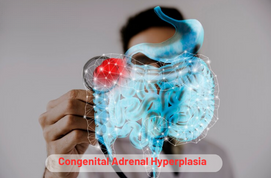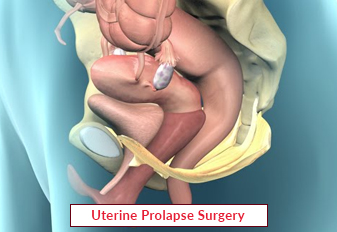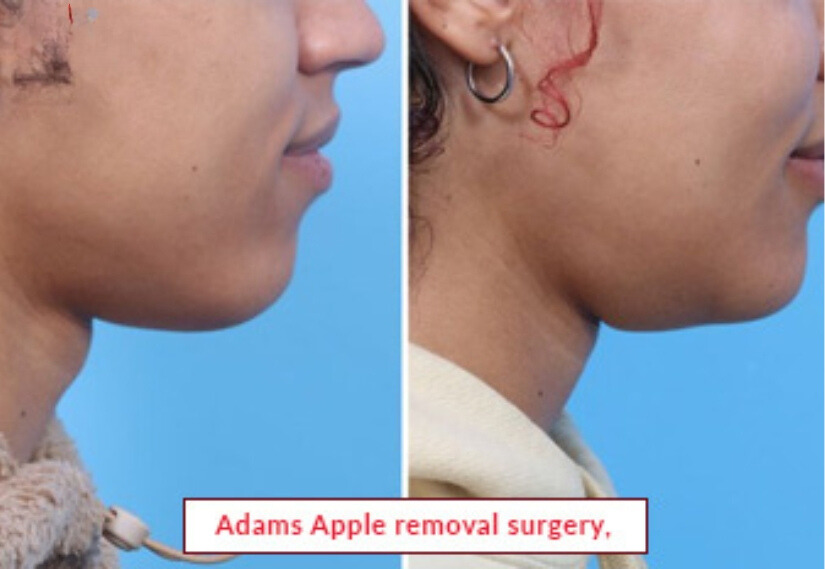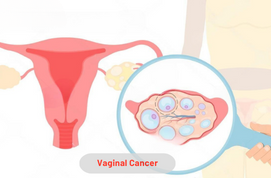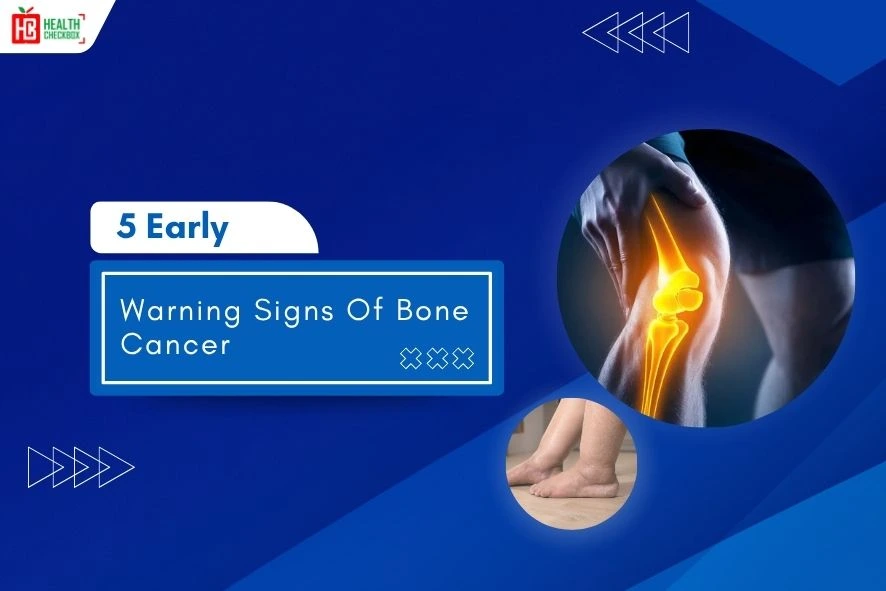Amniocentesis treatment is a prenatal diagnostic procedure that analyzes amniotic fluid to evaluate the health and development of the fetus. It is a significant and informative test for the unborn baby’s health. There are numerous birth defects and genetic diseases that can affect unborn babies’ health. These include coronary artery disease, diabetes, arthritis, autism spectrum disorder etc.
Therefore, it is essential to diagnose the unborn health through an amniocentesis test for suggesting best treatment options to the mother and baby. Since the procedure is required to know the baby’s health. Therefore, it is performed under the consultation of experienced gynecologists, between 15 and 20 weeks of the pregnancy. However, it can be performed later as well. It totally depends on the doctor’s experience and condition of the mother.
Who Needs Amniocentesis Treatment?
- Women aged above 35: Those women who are aged 35 years old are more likely to experience abnormalities such as down syndrome, diabetes, autism etc.
- Abnormal Test Results: Women whose previous test detects uncertain results are at high risk of amniocentesis.
- Family History: Those females whose family has genetic diseases like cystic fibrosis or sickle cell disease.
- First Child with a Genetic Disorder: Women who have had their first child with a genetic disorder may consider amniocentesis during their second pregnancy.
Amniocentesis Treatment Procedure & Cost
In this invasive procedure a medical expert withdraws a small amount of amniotic fluid that is present around the baby in the mother’s womb. The fluid comprises fetal cells and proteins that helps in analyzing abnormalities and genetic disorders. This fluid is extracted through a thin needle and sent to the lab for examination. During the procedure a patient might feel little discomfort but it is normal.
If we talk about its cost, it may vary depending on several factors like location of the hospital, hospital care, gynecologist expertise and many more. Once you have decided to go for amniocentesis treatment procedure the consulting doctor takes some steps before the procedure which are as follows:
Pre-Procedure
- The consulting doctors informed the parents about the procedure risks and benefits.
- After consulting with the parents a doctor does ultrasound to know the location of the baby and amniotic fluid.
- Then the abdomen part is cleaned through antiseptic cream or jell to prevent infection.
- Before the procedure the patient may be asked to come empty stomach.
During Procedure
- During the procedure a thin long needle is inserted by the obstetrician into the uterus through the abdominal wall after numbing the specific part.
- In the meantime, the baby’s condition is closely monitored on the ultrasound screen while the needle is guided through ultrasound in order to avoid complications that can harm the baby.
- A specific amount of amniotic fluid is collected from the mother’s womb for the testing.
- The whole procedure takes about 20 to 30 minutes to analyze the baby’s condition in the womb.
Post-Procedure
- After the procedure the baby’s heartbeat is monitored for a while just to ensure no distress is caused.
- The mother is suggested to take rest for 24 hours due to cramps and discomfort. However, these resolve within 48 hours.
- Mild discomfort or pain may occur however, it is quite normal and serious side effects are rare.
- The final report of the test comes in a few days to two weeks after that the doctors do further counseling and provide the best treatment after analyzing the report.
- Once you have been discharged from the hospital take a light diet and proper medication.
- After reaching home if you experienced fluid leakage you must inform your doctor.
Advantages of Amniocentesis Treatment
Amniocentesis offers various advantages, which are as follows:
- Detect Genetic Disease at an Early Stage: The test assists doctors to detect birth defects and genetic diseases and also help the parents understand about their baby’s overall condition.
- Fetal Health Monitoring: Through this test parents and doctors successfully monitor the condition of the unborn child and also measure well-being and the development of the fetus.
- Accurate Outcome: The test gives reliable and accurate outcomes regarding the unborn health and reduces the uncertainty around the fetus.
- Assessment of Organs: This diagnostic test assists in measuring the growth of all organs of the baby including lungs and heart.
- Timing: The test is generally performed in the second trimester of the pregnancy hence, it provides further time for treatment testing planning.
- Informed Decisions: Informed health issues help parents to make better decisions regarding the pregnancy and delivery options.
Risks Associated with Amniocentesis
The procedure is safe for both child and mother. However, there could be some rare complications and risks. The following are the risks that you might experience during the procedure:
- Cramps
- Bleeding
- Infection
- Injury
- Miscarriage
- Premature labor
- Needle injury
Our Other Services
Latest Health Tips
Can Immunotherapy Cure Stage 4 Lung Cancer?
Early Signs of Cervical Cancer
Foods that Kill Cancer: Leafy Vegetables, Grains, & More
What Stage of Cancer is Immunotherapy Used For?
Which is Worse for Cancer, Sugar or Alcohol?
Vaccines That Prevent Cancer
What Kills Cancer Cells in the Body Naturally?
Early Warning Signs of Bone Cancer
Submit Your Enquiry
Testimonials












